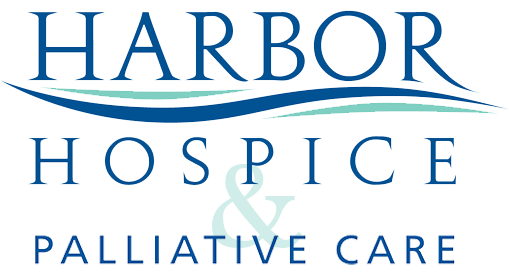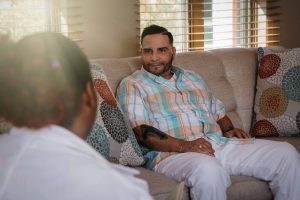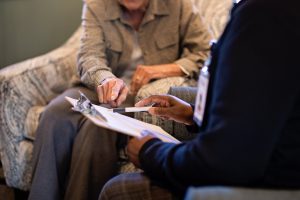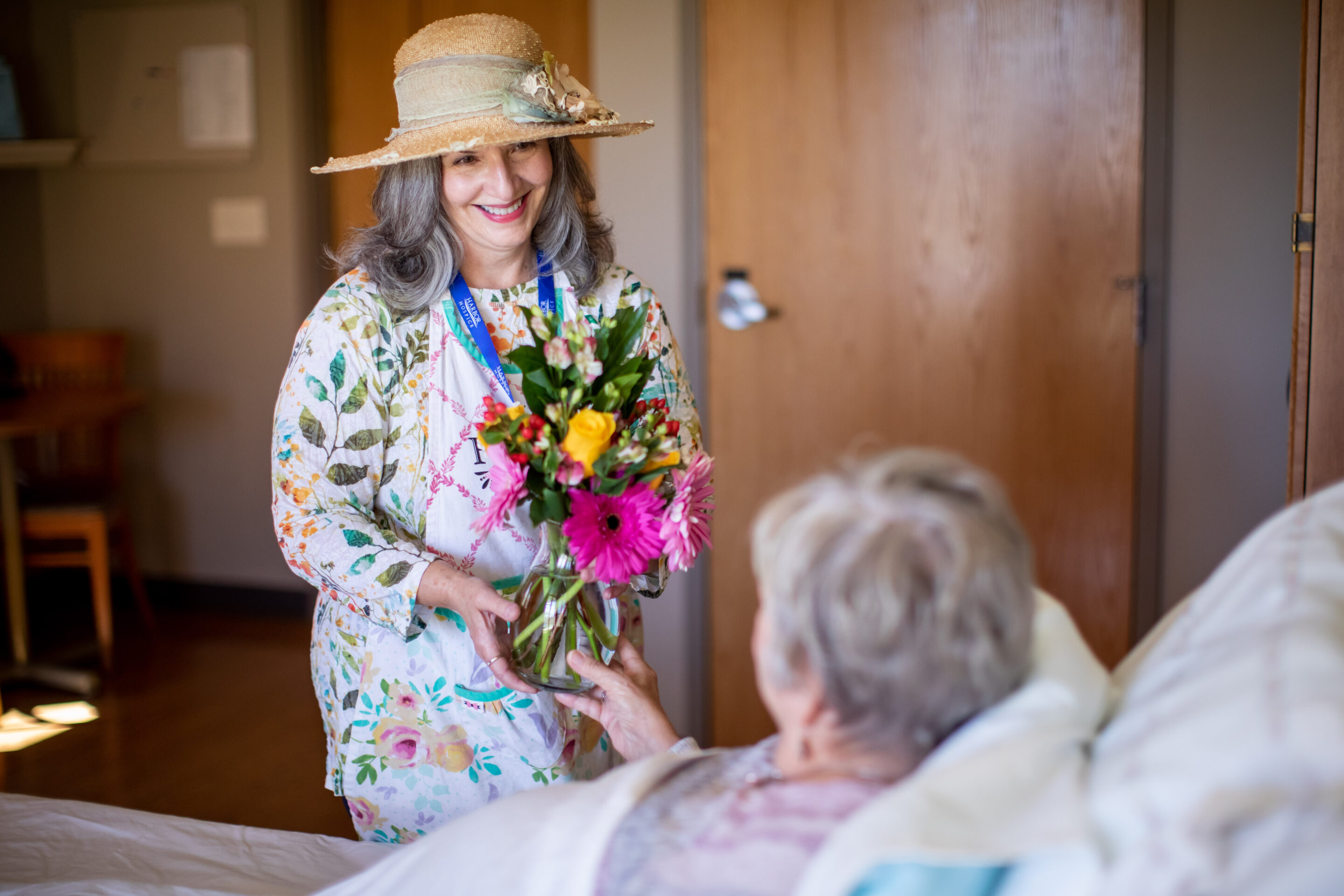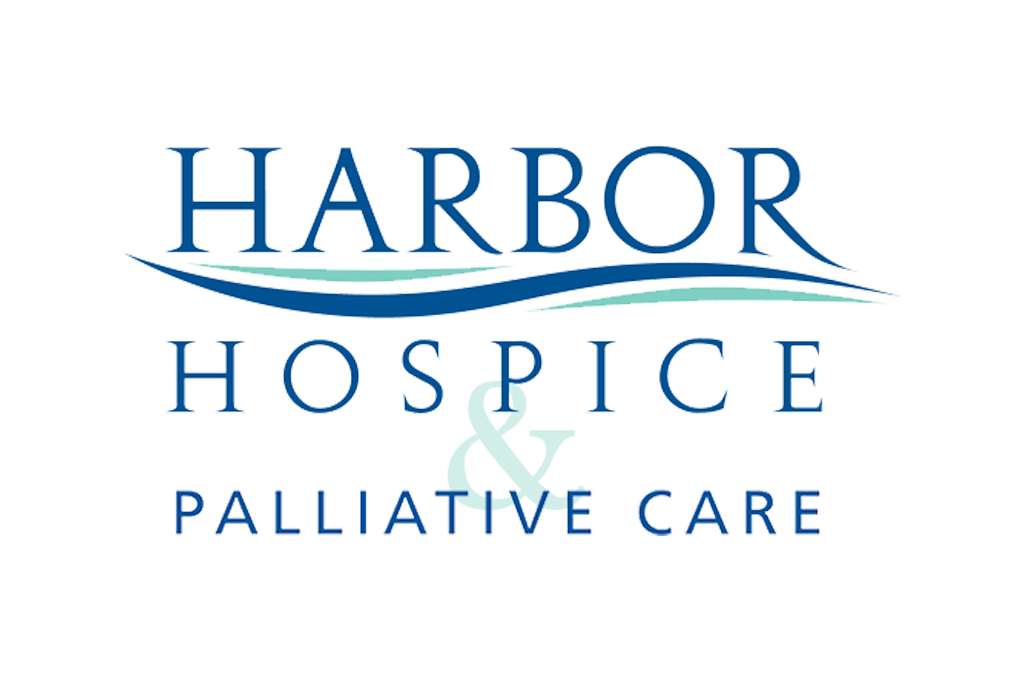Explore Our Resource Library: Hospice, Palliative Care & Grief Support
Whether you are seeking guidance on hospice care, palliative care, or grief support, our team has curated a comprehensive collection of blogs, podcasts, newsletters, and other resources to provide you with the knowledge and tools you need. Explore our library of content to find answers to your questions, gain insights from our team of knowledgeable experts, and more to support you on your journey.
By Amber Wallace In celebration of National Volunteer Week, we proudly recognize the incredible impact of our Harbor Hospice volunteers—individuals who give …
In this issue, we celebrate more than three decades of Camp Courage—our grief support camp for children and teens—and reflect on 20 …
Muskegon, MI, April 8th, 2025 – “Our home-based hospice program has been the heart of our care since we were founded in …
Muskegon, MI – January 2025 – Harbor Hospice is pleased to announce Dr. Caitlin Fulton as the new Medical Director. With over …
By Lisa Watson, LPC If you don’t know where to start It’s impossible to know exactly how you’ll feel. Take care of your …
In this newsletter, we share powerful stories from individuals whose lives were transformed by Harbor Hospice’s Palliative Care, respite services at the …
Muskegon, MI – Throughout the month of November, Harbor Hospice and Harbor Palliative Care will be joining organizations across the nation in …
Understanding Grief Finding Meaning: The Sixth Stage of Grief by David Kessler Grief One Day at a Time: 365 Meditations to Help …
This newsletter highlights the inspiring stories of volunteers, donors, and supporters who enable Harbor Hospice to provide exceptional care while celebrating the …
